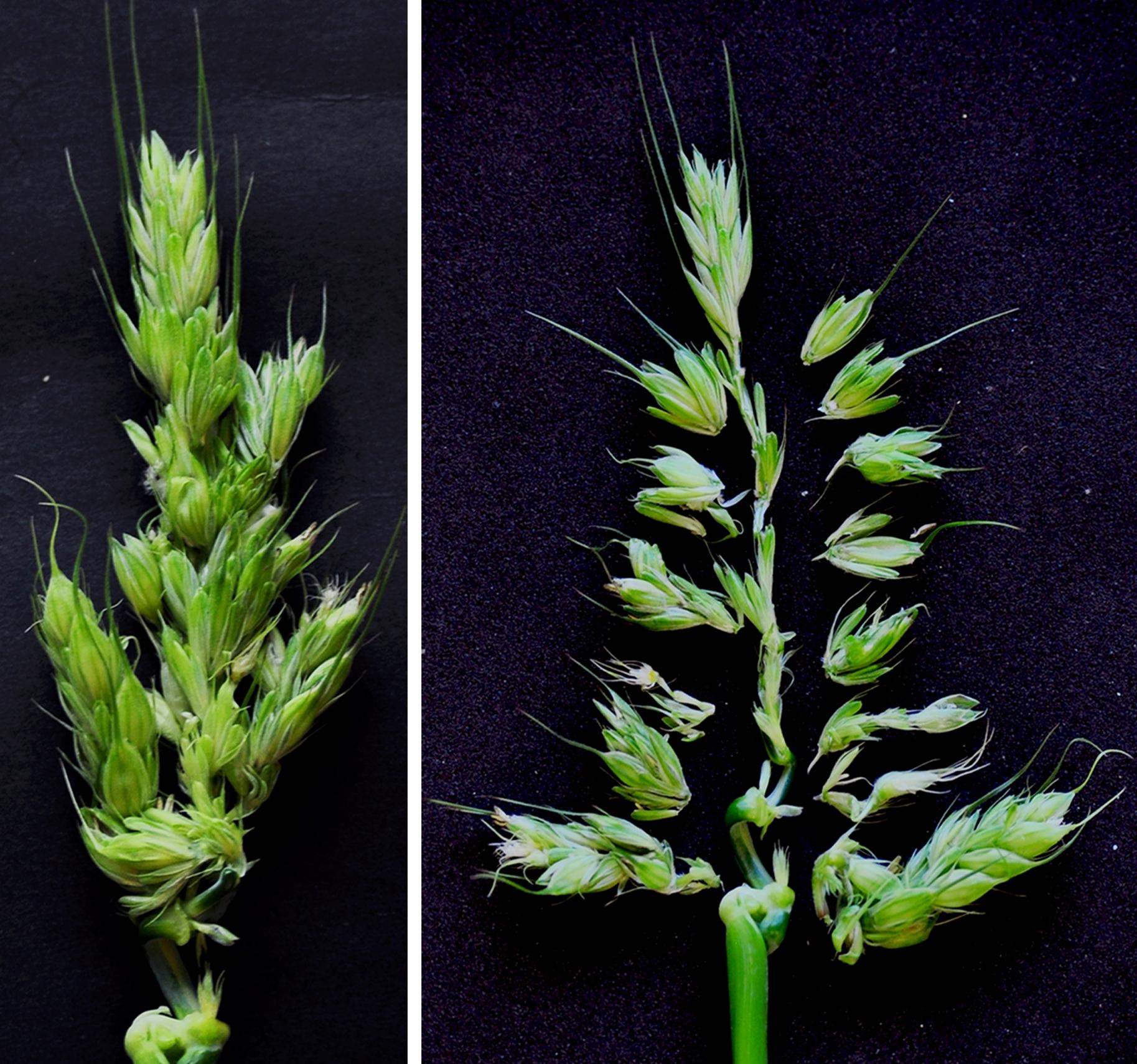
Study Finds Barley Protein Could Help Boost Its Yield in High Temperatures
July 1, 2021| |
An international team of researchers from the University of Adelaide and Shanghai Jiao Tong University found a novel mechanism in barley that could help create high-yielding crops as global temperature rises.
The researchers identified the protein, HvMADS1, which regulates the number of flowers produced on each spike during exposure to high temperatures. The protein is also responsible for maintaining unbranched spikes in barley under intense recurrent high temperatures. To test their hypothesis, the researchers used a high-precision gene editing technique to create a new variety of barley that does not have HvMADS1 protein. They found these plants bear more flowers at high temperatures compared to their conventional variety.
The results of the study gave a better understanding of the biological processes of plants which could help researchers breed more sustainable, high-yielding, and heat-tolerant crops.
For more details, read the article in the University of Adelaide and the journal article in Nature.
| |
You might also like:
- Genetic Discovery Explains Barley's Sodium Tolerance
- Barley Genome Gives New Information
- Wheat Gene Confers Stem Rust Resistance to Barley
Biotech Updates is a weekly newsletter of ISAAA, a not-for-profit organization. It is distributed for free to over 22,000 subscribers worldwide to inform them about the key developments in biosciences, especially in biotechnology. Your support will help us in our mission to feed the world with knowledge. You can help by donating as little as $10.
-
See more articles:
-
News from Around the World
- Experts Explain How Gene Drives Control Invasive Species
- Philippine Media Use Less Fear Appeal as More Farmers Adopt Biotech Maize
- Can Gene Drive Eliminate Vector-borne Diseases?
- PennState Scientists Identify Sorghum Genes for Resistance to Anthracnose Leaf Blight
- EU Report Confirms Glyphosate Doesn't Cause Cancer
- Rutgers Study Sheds Light on Evolution of Photosynthesis
- Study Finds Barley Protein Could Help Boost Its Yield in High Temperatures
-
Plant
- UK's First CRISPR Field Trials Show Potential of Gene Editing
- Customizable Molecular Scissors for Tailoring Plant Genomes
- UC San Diego Scientists Develop First CRISPR-Cas9-based Gene Drive in Plants
- APEC Members Discuss Genome Editing Technology and Policy Strategies
- Simultaneous Editing of Susceptibility Genes in Rice Leads to Disease Resistance
-
Read the latest: - Biotech Updates (April 10, 2024)
- Gene Editing Supplement (April 10, 2024)
- Gene Drive Supplement (February 22, 2023)
-
Subscribe to BU: - Share
- Tweet

